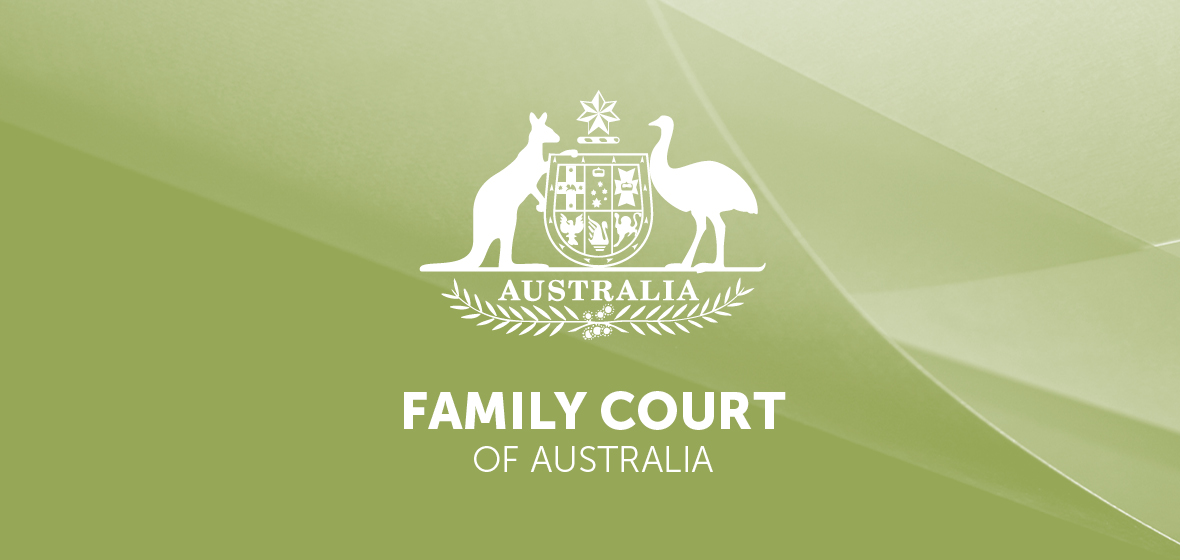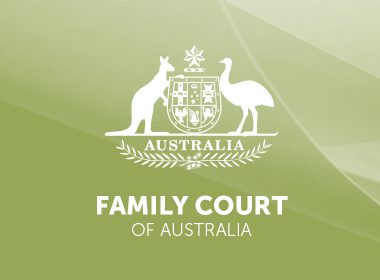Key decisions
- Hsiao v Fazarri [2020] HCA 35
- Melville (No. 3) [2020] FamCAFC 231
- Re: Imogen (No. 6) [2020] FamCA 761
- Canfeld & Falkins [2020] FCCA 2570
PROPERTY
Treatment of deed of gift – majority of High Court reaffirms wide discretion of trial judge
In Hsiao v Fazarri [2020] HCA 35 (14 October 2020) the High Court (Kiefel CJ, Bell, Keane, Nettle and Gordon JJ) upheld the Full Court’s dismissal of a wife’s appeal against property orders.
The parties’ relationship began in August 2012. In 2014 the husband bought a property and gifted the wife a 10 per cent interest in it. In December 2014, the husband, under pressure from the wife, signed a transfer of land giving the wife a further 40 per cent interest.
The parties executed a deed of gift (‘the deed’) which provided for the husband to pay a sum to the wife’s siblings in the event that she predeceased him while they remained joint tenants. The deed also provided that the payment should be taken into account if the parties separated or divorced (at [21]). The parties married in August 2016. The marriage lasted 23 days. Each party subsequently sought property adjustment orders in the Family Court. The wife did not appear at the hearing. Cronin J severed the joint tenancy and ordered the wife to transfer her interest in the property to the husband in exchange for $100,000, finding that the husband’s transfer was not a gift.
In dismissing the wife’s appeal from the Family Court, the majority of the High Court (Kiefel CJ, Bell and Keane JJ), said (at [53]):
‘His Honour is not to be taken to task for not making a close examination of the facts to determine whether the transfer of the 40 per cent interest was voidable by reason of vitiating factors … His Honour made no such finding. … The trial was the place to adduce such evidence and put such arguments as might favour a different finding as to the parties’ respective financial contributions …The trial was not some preliminary skirmish which the appellant was at liberty to choose not to participate in without consequence. Her right of appeal was a right to have the Full Court review whether the primary judge’s discretion … miscarried … It was not an opportunity for the appellant to make a case that she chose not to make at the trial. The Court is invested with a wide discretion … to make such order as it considers appropriate.’


